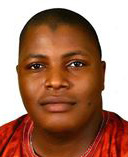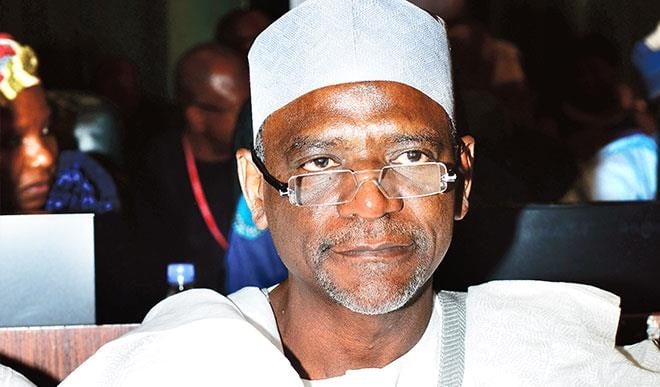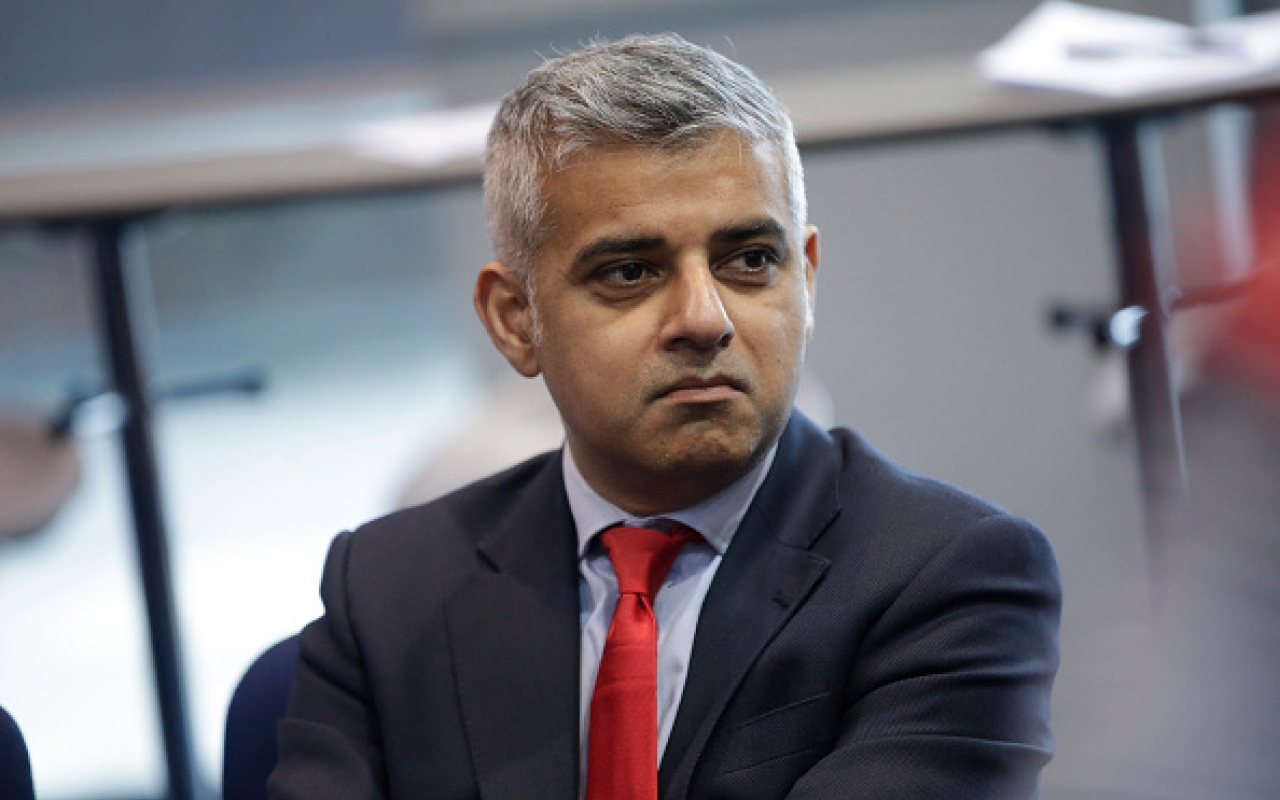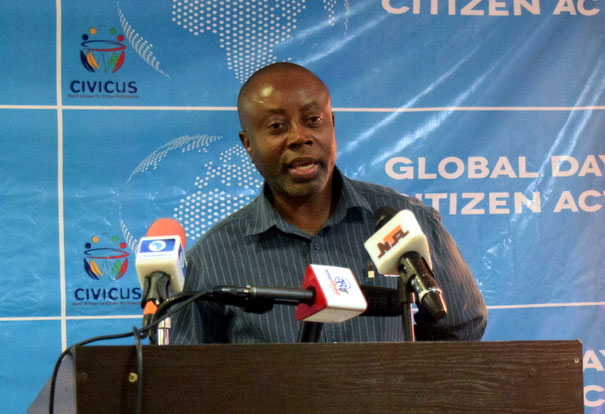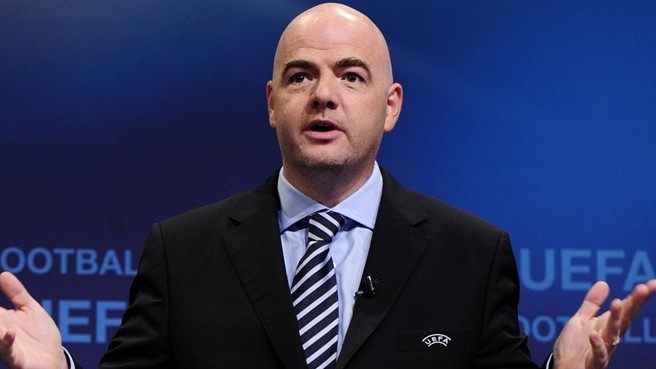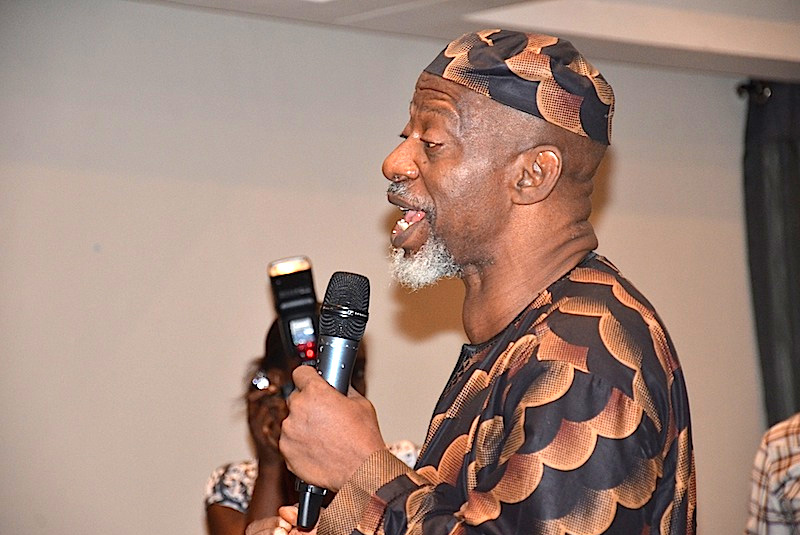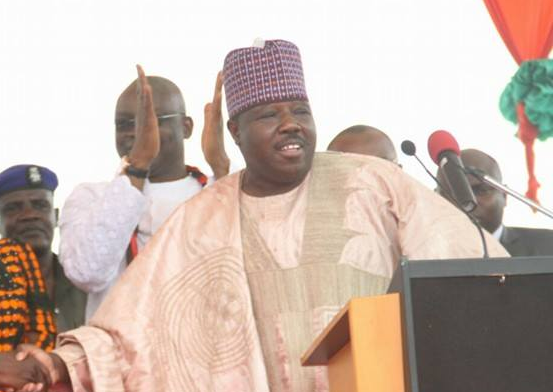History is to society what memory is to the individual – Ian C. Friedman
Let me bore us a little with a personal story. As a young secondary school student in the North, I questioned the wisdom of my teachers when told I had to choose between one of History and Government as a subject of study for my senior school examination. Not content with the answers provided, I defied their subtle pressure and wrote the two subjects in my final exams.
Mr. James Ahua, one of the most inspiring teachers to have shaped my young mind, was our history teacher. The disdain for the subject from the school management and education authorities played a part in ensuring that only six of us, out of over 100 students, studied History in that school that year.
But then, the passion for history was already molded. My exposure to our history at that early stage has no doubt shaped my world view today. But the question remains, will my children, and my children’s children, be lucky enough to meet a persistent teacher in the mold of Ahua who will insist on teaching them a living subject even when no one will encourage him to do so?
So hearing the news that the Ministry of Education and the National Council on Education have agreed to restore the subject back into our curriculum is worthy of commendation.
Advertisement
Every human endeavour is accompanied by events, which are recorded, stored and retrieved when needed. These advance preservation of knowledge through research, references and securing of information, lead to sustenance of cultures through generations. These, in turn, facilitate discovery of fresh facts, interpretation of old facts, reconstruction of events, resolution of conflicts through emergence of facts, advancing the process of negotiations between individuals, groups and nations. History helps us to preserve our culture and civilisation.
The history of History as a subject of study in Nigeria is a checkered one. Historians tell us that at independence, History was a favorite subject on the school curriculum in Nigeria. The Department of History, first of the University College, Ibadan and later of the University of Ibadan, working with the West African Examinations Council, introduced Nigerian and African history to students and it proved to be a hit. Then, the status of history as a school subject was not called into question because it featured prominently at the Higher School Certificate (HSC) programme which sought to prepare students for admission to the universities.
“By 1966, History was among the most favored subjects at the HSC examinations, and in which the candidates excelled. While the ‘Principal Passes’ in English was 244, Latin 3, Geography 269, Mathematics 88 and French 19, History recorded 414 Principal passes, next only to Chemistry which had 601 Principal Passes. But even then while Chemistry had 307 failures, History and only 22 Failures while Mathematics had 57 Failure. Curriculum review was also done at the University level as the University of Ibadan developed a unique curriculum with emphasis on Nigerian and African history,” revealed Professor Michael Omolewa.
Advertisement
However the course of the teaching of history was adversely affected by the events which followed the convening of the 1969 National Curriculum Conference, followed by the adoption of a National Policy of Education, and the subsequent arrival of the 6-3-3-4 Education system in the country.
“The 1969 Conference, which was expected to bring hope to the Nigerian educational system turned out to be the beginning of the decline of history teaching in Nigerian schools. In the end the curriculum reform which grew from that conference led to the reduction of the status of history. Eventually, history was expunged first from the primary and the junior school curriculum, and later at the senior school level. The new curriculum saw the introduction of the social studies and gradual elimination of history at the primary schools and the junior secondary schools. It eventually led to what Adeyinka describes as the cramming into the second-tier Senior Secondary School of a history curriculum that ought to take six years to teach. Eventually the senior secondary schools were also affected,” he added.
Since then, despite spirited efforts of respected historians like Professor JF Ade-Ajayi and Dr. Yusuf Bala Usman, we have allowed our children grow without a sense of their own history. Ade-Ajayi who once observed that society “looked up to history for knowledge of the accumulated wisdom of the ancestors, the sense of values, the morality and the norms upon which society was founded. Thus history occupied a unique position in traditional African society and that history was prominent as a subject in the preparation and training of the citizen”.
The question keeps coming back at us, how does a country proceed without a knowledge of its heroes and heroines? History is not just a study of events and dates; it provides analytical insights into social formations, anthropological developments, inventions and innovations that shape humanity. The roles of history in governance, conflict resolutions, diplomacy and international relations, science and medical studies, technological developments, advancement of civilisations and human relations are vital.
Advertisement
The failure to teach this important subject in our classrooms has led to the failure to apply historical understanding to national policy. The new policy announced by Adamu Adamu (pictured) should end the anomaly. As someone who has written much on this very subject in the past, the Minister should bring his ideas to bear on policies. We cannot afford to continue as if we are a people who care little about our past. A people who do not know where they are coming from, how can they truly know where they are headed?
Imam, a Sokoto-based journalist, is on Twitter @imamdimam
